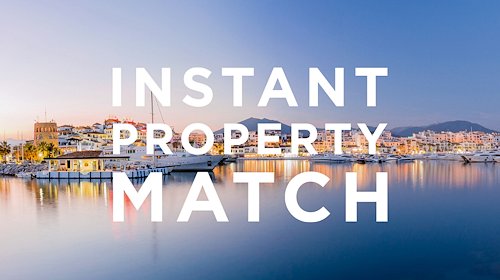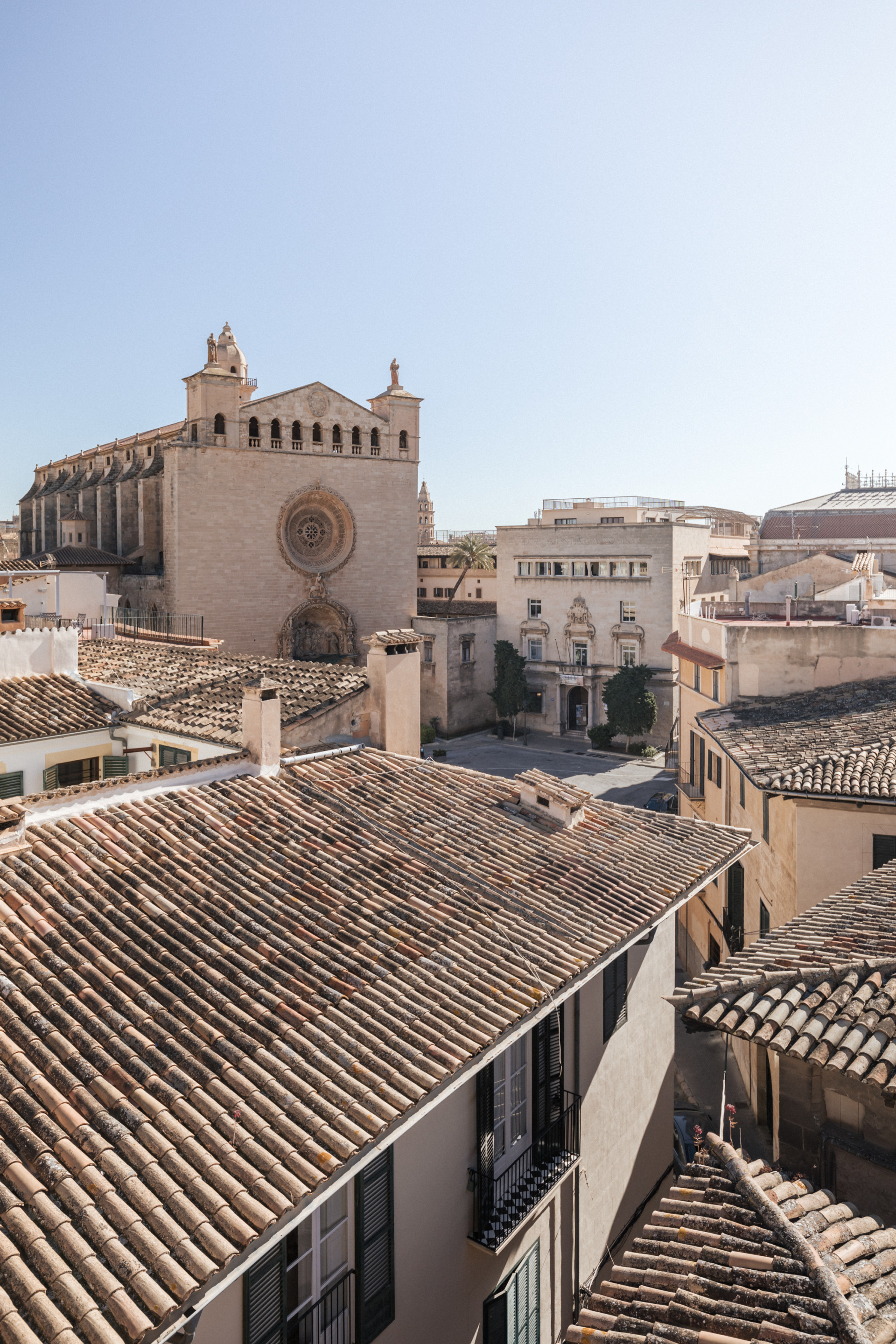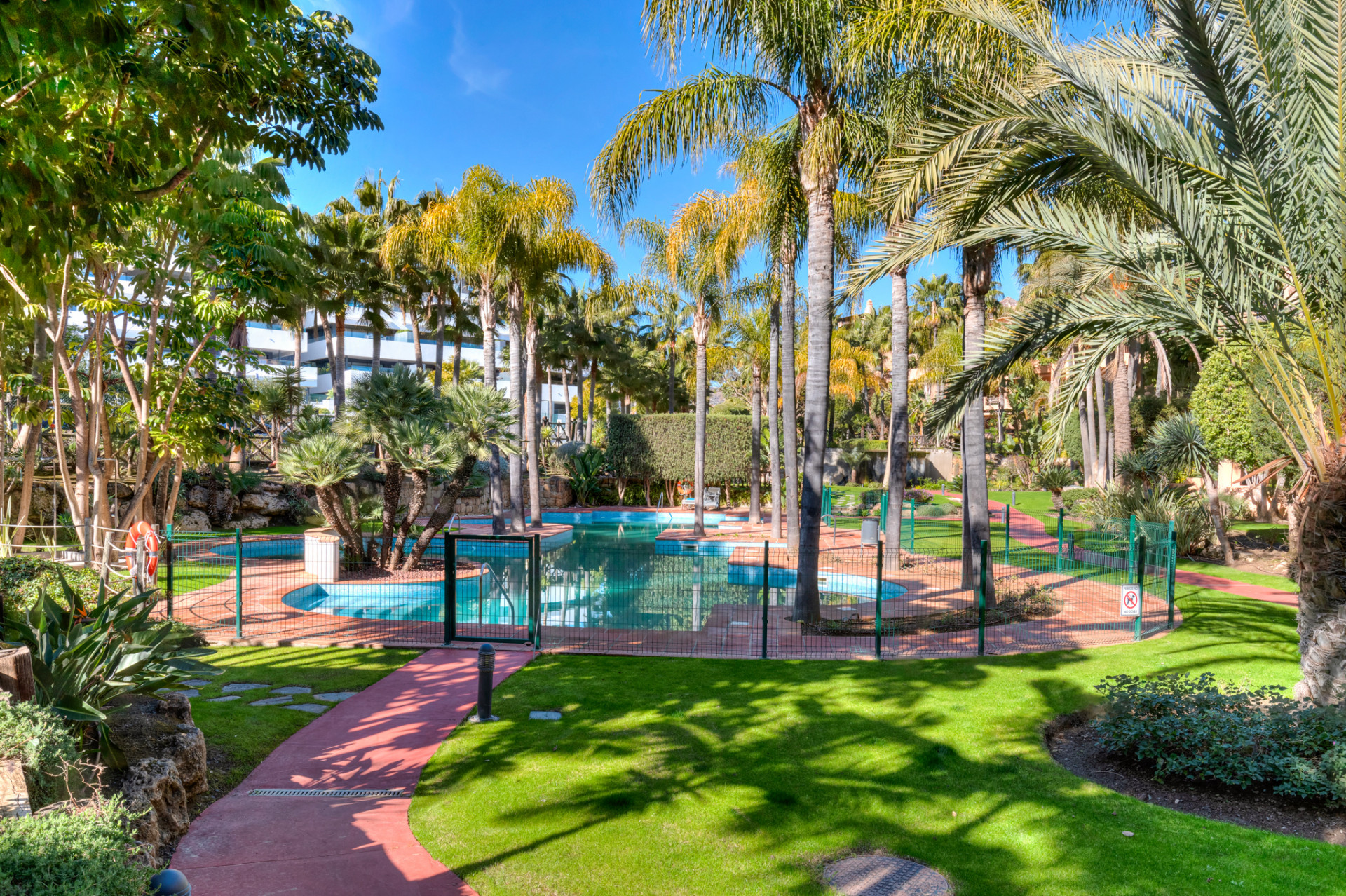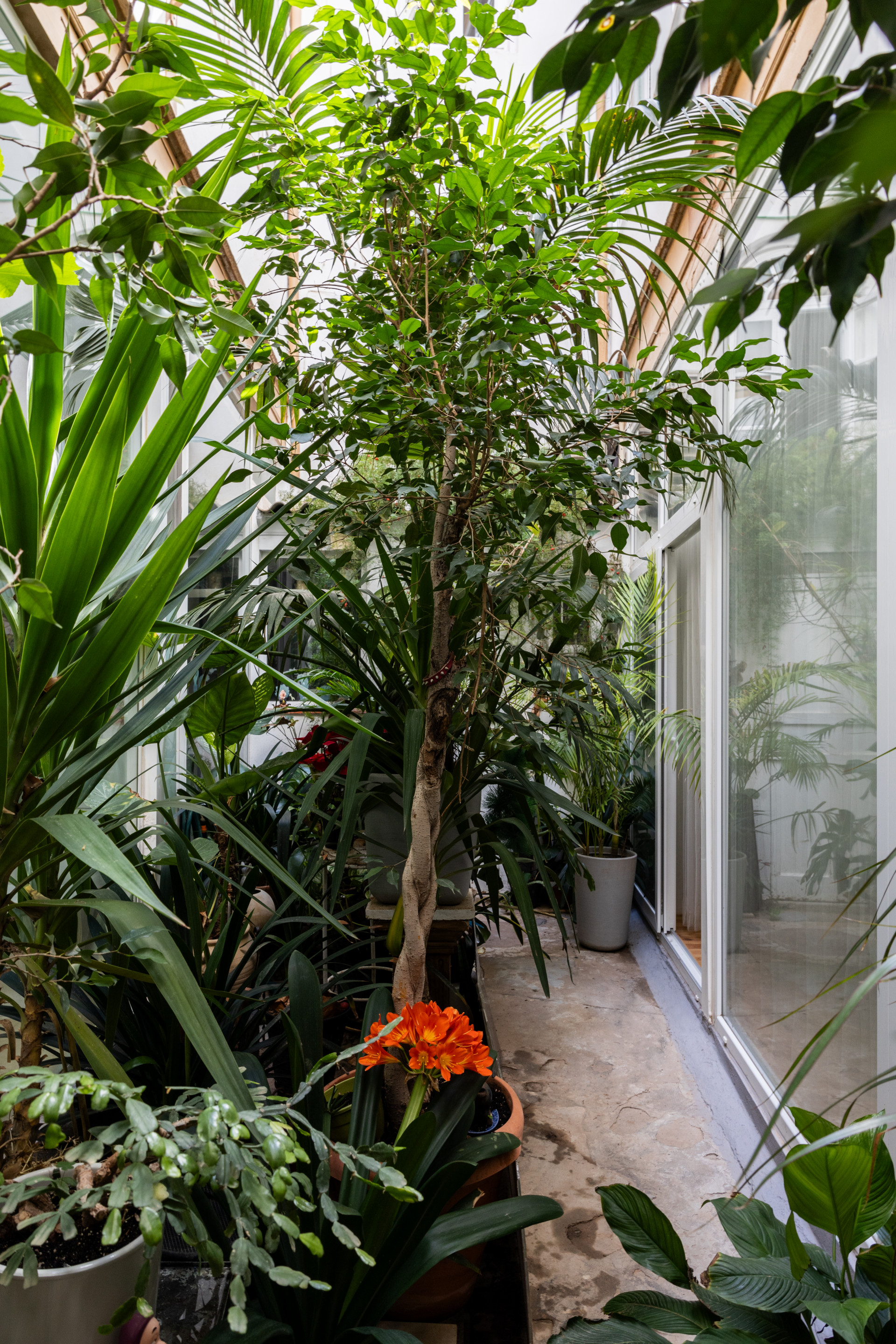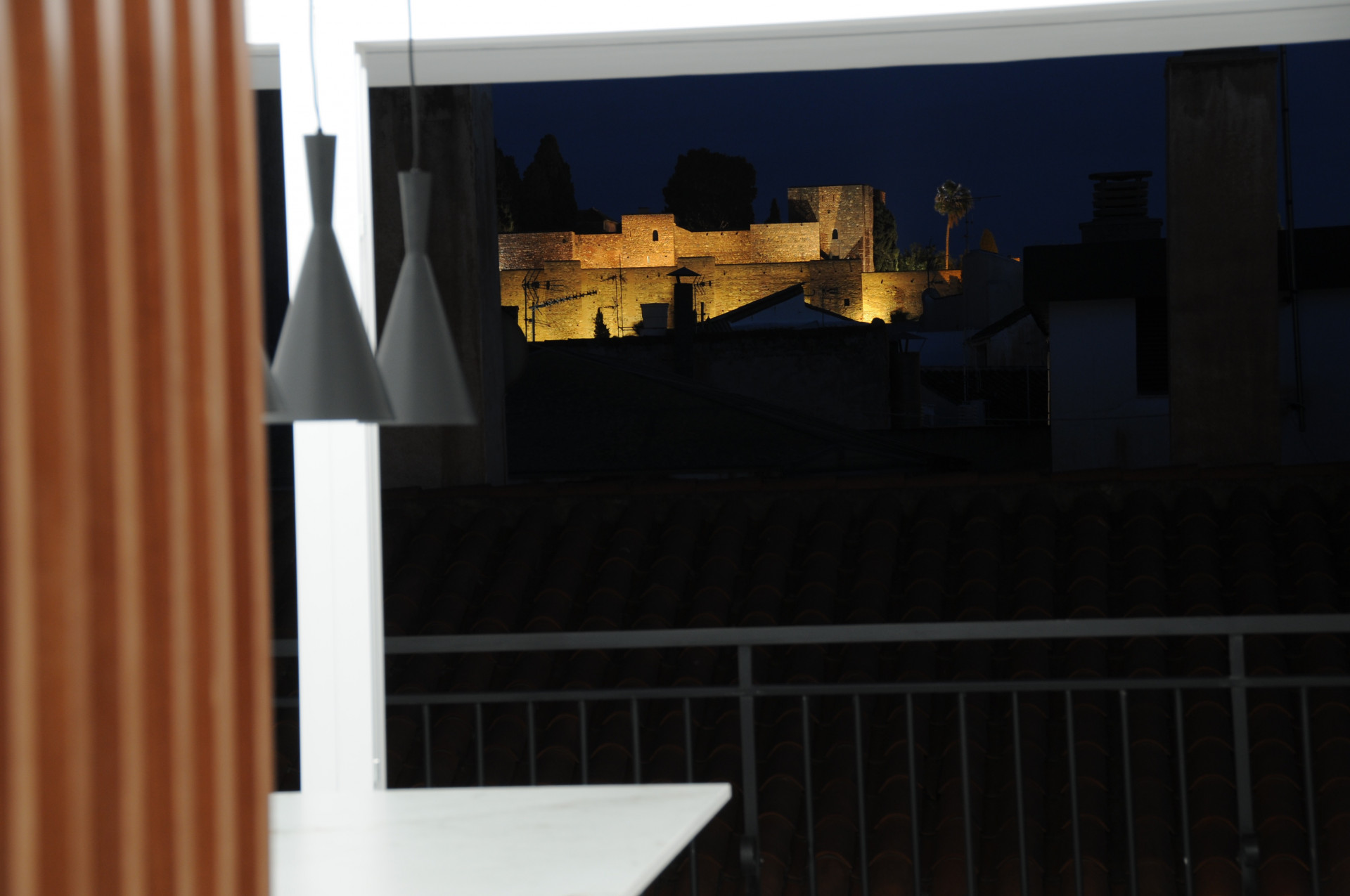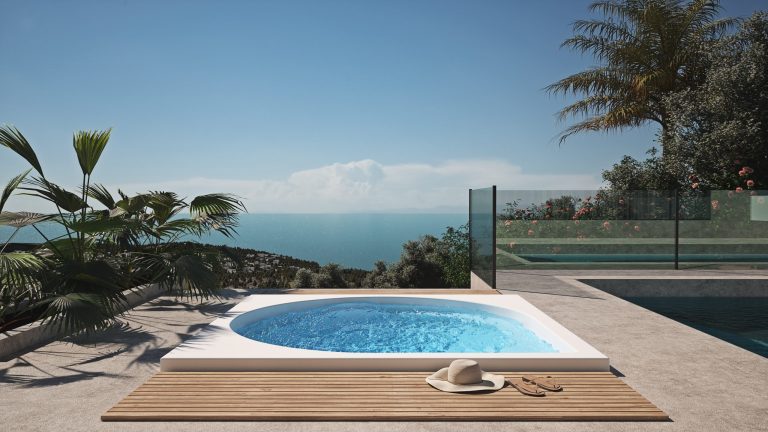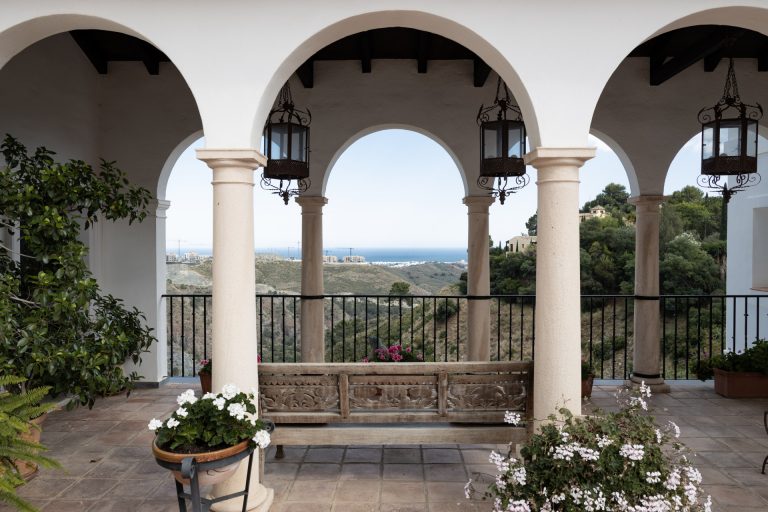Dreaming of buying a property in Spain? Buying property in a foreign country with a different legal system and a foreign language to deal with makes it much more complicated. We collected a few tips to help you navigate the process with ease. We take you through the process and give you advice on the budget, mortgage, deposit, taxes and other things to know when buying property in Spain.
Your budget for buying real estate in Spain:
Make sure you know exactly how much you can spend when buying real estate in Spain. This will help you focus on properties you can buy, which can help you save time and money. Remember that there is more than the price of the property. When buying a property in Spain you also need to pay tax, the amount of which depends on the property itself (is it a second hand property or a new development), and other fees.
To be able to understand better the total cost of buying a property in Spain, visit our property cost calculator -page. There we explain about the costs related to buying a property and introduce our cost calculator, which automatically calculates the estimated cost of each property being sold on Spainforsale.com
Determine your payment method:
How you’ll finance your property purchase in Spain will also affect your total budget and there are various ways to pay for your new home:
-
-
One-off payment – Paying the total price of the property in one lump sum to the seller.
-
Mortgage – Getting a Spanish mortgage or a mortgage from your bank back home, using the property as a guarantee is the most common way of paying for the purchase of a property.
-
Mortgage subrogation – Changing the name of the debtor on an existing mortgage on the property to your name is another option.
-
The type of property and its location in Spain:
We always suggest making a list of what is important to you in your home first. Then prioritize the items on that list. Are you looking for a city apartment or luxury home in Marbella, or maybe a family villa in peaceful Ojen – or something else? Once you have your priorities laid out, it is easier to determine where to look and what to get, in line with your allocated budget.
Choose a right property seller:
Once you’ve decided where to buy and how much to spend, your search will be so much more focused. This will make it easier for you to determine which type of seller you should be going for – a private seller for a resale, a developer for a brand new property, a bank for repossessions or a real estate agency if you need local knowledge to help guide you. If you are buying property in the Costa del Sol or Marbella area, look for experienced real estate agents here.
Pay attention when viewing a property for sale in Spain:
If you have proceeded to viewing potential properties you wish to buy in Spain, remember to keep a critical eye on things. Pay attention to detail. How old is the wiring? Are there any humidity issues? What about the neighborhood? Is it a children-friendly environment? A pet-friendly environment? etc.
Make an offer:
-
- Visit the Property Registry to find out all the details of the property and adjust your offer accordingly. Especially, check if there are any debts or encumbrances attached to the property. Remember, when buying a property in Spain, if these aren’t eliminated before doing the transfer of ownership, you risk ending up with the seller’s outstanding debts.
- Make sure you’ve got your mortgage in place and ready to go.
- Visit the property one last time, before you make an offer.
Make a deposit and sign a Reservation Agreement – Contrato de Arras:
This is the first contract that is normally signed when you make a deposit for the house – common practice is 10% of the sales price. It confirms the amount you have paid as a deposit, along with pre-agreed terms and conditions. It also means the seller takes the property off the market and cannot sell it for a timeframe stipulated in the reservation agreement – Usually, 4 to 6 weeks.
Sign the title deed:
This part of the buying process in Spain must be done in front of a notary with both the buyer and seller present or representative with a Power of Attorney. The deed must contain a description of the property as well as the details of any mortgage or charge on the house, the final sale price agreed and how it will be paid, plus the taxes and expenses related to the sale.
Transaction fees and taxes:
There are transaction fees and taxes which must be paid when buying and selling a property in Spain – ITP property Transfer and VAT tax, capital gains tax, notary fees, registration fees at the property register and mortgage fees (if applicable).
After buying a property – transfer amenities to your name:
The energy companies and any other service provider should be notified that you are the new owner and will be paying the bills from now on. This requires a transfer of the name from the seller to you for all amenities related to the property.
Ready for buying a property in Spain? Get the full guide!
If you want to be even more prepared, download this Guide to Buying Property in Spain where we have gathered even more information on the buying process.
If you have further questions or concerns, you have a team of experienced real estate professionals to help you.


